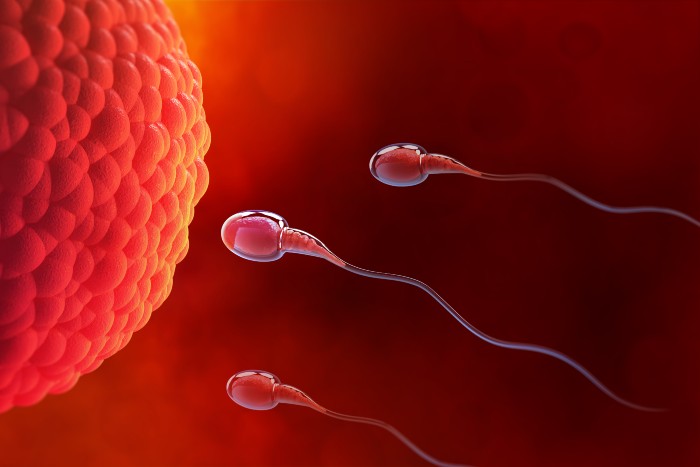When men find themselves facing any kind of prostate health issue, whether it is prostate cancer, enlarged prostate due to benign prostate hyperplasia (BPH), or prostatitis, they immediately think what they can do. The best plan is to prevent prostate problems through a healthy lifestyle, there are many natural ways that a man can promote better prostate health even if he already has symptoms*
It makes sense that a man’s lifestyle, exercise habits, and diet have a tremendous impact on his prostate health. Good habits can help prevent and lower risk factors for prostate disease and conditions just like it can for other areas of the body. If a man already is experiencing prostate troubles, these natural changes can help keep these conditions from getting worse, help relieve symptoms, and even help cure them.
1. Exercise and lose weight
Exercising and losing weight are some of the best things you can do to promote prostate health. Many studies show that moderate or vigorous exercise reduces risk of BPH and urinary tract symptoms and helps with prostatitis as well. Exercise also benefits your cardiovascular health and can help prevent other health and sexual problems such as erectile dysfunction. *
If you are overweight, losing weight is one of the most important natural changes you can make in improving your prostate health, whether your concerns are cancer, BPH or prostatitis. A study published in the Journal of Urology found that overweight men, especially men with a high amount of abdominal fat, have an increased risk of BPH. If you are looking to shrink the prostate, losing weight can help you reduce your prostate size and help relieve annoying and frustrating urinary symptoms. On top of that, weight loss can reduce your risk for prostate cancer and help relieve prostatitis. *
2. Eat colorfully
They are probably not your favorite part of any meal, but green leafy vegetables are a good first step toward maintaining your prostate health. These vegetables are full of vitamins and antioxidants essential to your health, and more particularly to your prostate. The same is true for tomatoes, watermelons, pink grapefruits, guava, and papaya containing lycopene, a powerful antioxidant. *
3. Reduce fat and red meat
A diet high in fat can cause the body to produce fewer antioxidants, which are essential for maintaining a healthy prostate. It is believed that a diet rich in animal fats could cause an overproduction of free radicals in the body, attacking the tissues and cells of the body, thereby accelerating their aging or even their destruction. If you want to reduce the amount of animal fat, red and processed meat in your diet, you can try lean protein such as chicken, turkey, or fish instead. In addition, reducing dairy products, salt, refined sugar, and the products that contain it would be beneficial. *
4. Reduce stress
Stress negatively affects prostate health. In fact, some men unknowingly tighten their pelvic muscles when stressed. This chronic tightening can create pelvic floor muscle problems and can be one of the causes of chronic prostatitis.
Stress can also affect men with BPH. Stress can worsen symptoms such as urinary urgency, urinary, frequency and pain.
Having a prostate problem can also increase your stress and anxiety, which can make your condition worse because stress impairs that immune system’s ability to fight the illness. *
5.Smoking cessation
Research has shown that smoking can increase your risk for cancer, including prostate cancer. To reduce toxins and exposure to free radicals, think about quitting. There are many naturopathic tools to help support smoking cessation from acupuncture to herbal medicines. *






